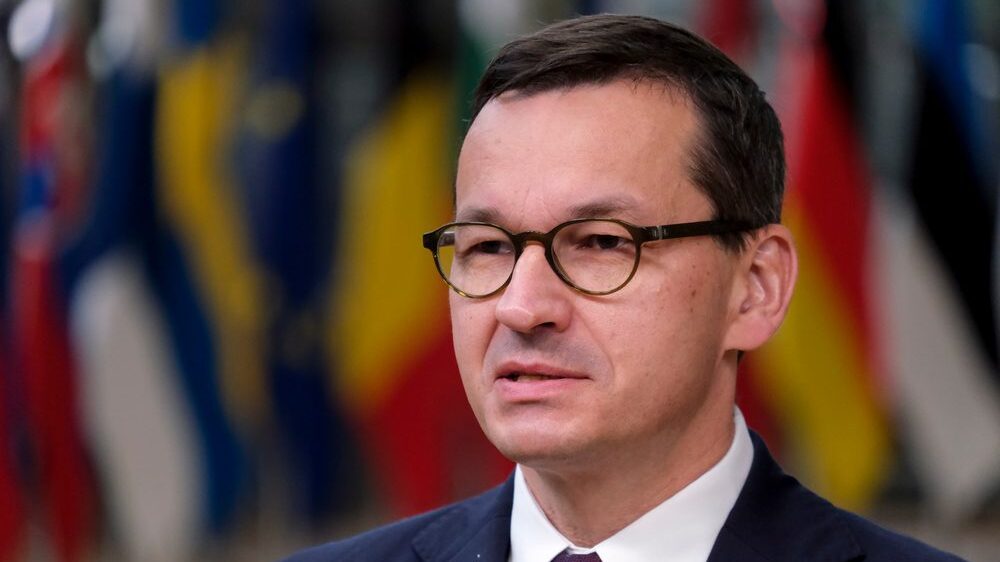
Polish Prime Minister Mateusz Morawiecki
Photo: Alexandros Michailidis / Shutterstock.com
Poland and Romania announced plans for enhanced military cooperation Tuesday, March 29th, in a sign of shifting loyalties in the wake of the war in Ukraine and the splintering of the Visegrad alliance.
Polish Prime Minister Mateusz Morawiecki announced the plans at a press conference in Bucharest with his Romanian counterpart Nicolae Ciucă. Both countries, which are part of NATO, will examine potential joint purchases of military equipment in order to secure better prices on the open market. European arsenals have been drained in the past year, with Poland and Romania being major contributors of arms to Ukraine.
Morawiecki had earlier debuted plans for a new economic bloc with Romania and Ukraine during his visit to Bucharest. Morawiecki accused the EU and Western Europe of undermining the region following the transition to capitalism in the 1990s, adding that Poles and Romanians were better suited to managing the region than Brussels.
Morawiecki also outlined his government’s vision of a Europe of nation-states to counteract Euro Federalism, with Poland coming under pressure from Brussels over “rule of law” charges and attacks on its pro-life laws.
Romania, which fears encroachment from Russia, has backed Ukraine, helped by its relative lack of economic ties to Russia. Romania has previously clashed with Moscow over the largely Romanian-speaking Moldova and the risk of a Russian invasion there. A Polish garrison is already stationed in Romania as part of a NATO cooperation pact.
Poland has used the crisis in Ukraine to rise in the ranks of the European pecking order taking a combative pro-NATO stance. Some commentators have theorised that Warsaw could become a vital pillar of a future Central European alliance in the event of a Russian defeat, as power moves eastward away from traditional NATO members in France and Germany.
The geopolitical realities of war in Ukraine have fractured the previously existing Visegrad group of Poland, Hungary, Czech Republic, and Slovakia, which aimed to unify more conservative-minded nations against Brussels’ hegemony. The military alliance is indicative of Poland’s post-war aspirations to shrewdly solidify itself as a Central European power and NATO’s primarily European partner.
